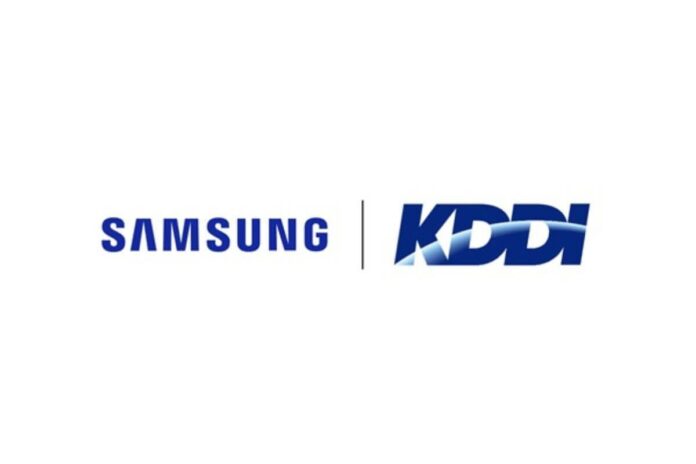In Short:
Telecom companies in India are pushing for stricter regulations on telemarketing firms to tackle spam messages effectively. They suggest licensing for SMS resellers to improve accountability. Currently, over 280,000 businesses rely on 16,000 aggregators, complicating spam control. Companies like Reliance Jio and Airtel argue that action is needed against excessive spamming on platforms like WhatsApp, and suggest penalties for actual culprits, not consumers.
In a recent discussion concerning spam messaging, telecom companies have underscored the necessity for the government to bring telemarketing entities and SMS service resellers under a licensing regime, with the aim of improving accountability for those responsible for disseminating spam messages throughout the delivery value chain. Without this comprehensive approach, they warn that current measures will be ineffective.
The Scale of Commercial Messaging
In India, over 280,000 businesses rely on commercial SMS for communication, which are channeled through 16,000 telemarketing aggregators. These aggregators, in turn, distribute messages to 15 delivery telemarketers linked to various telecom operators. This structure limits visibility and control over the SMS delivery chain beyond these 15 entities, making it challenging for telecom companies to manage spam effectively.
Proposed Regulatory Changes
In its contribution to the ongoing industry consultation regarding the TCCCP Regulations aimed at curbing spam, Reliance Jio has proposed that TM-D, a noted reseller of services, should be licensed similarly to VNOs or authorized by the Department of Telecommunications (DoT) as part of the new framework under the Indian Telecommunication Act 2023. Airtel echoed this sentiment, suggesting that if licensing isn’t feasible, a system of direct connectivity between telecom companies and primary business senders should be established.
Such regulatory measures could potentially eliminate substantial numbers of telemarketing entities from the market, according to industry analysis.
Concerns Regarding OTT Platforms
Telecom companies have also expressed concerns that the Telecom Regulatory Authority of India (TRAI) is overlooking the burgeoning “parallel spam market” emerging on over-the-top (OTT) platforms such as WhatsApp. They identified these platforms as facilitators of fraud that propagate deceptive URLs and promotional content.
Examining Regulatory Frameworks
Further complicating matters, the telecom regulator is exploring whether implementing differential tariffs for spam originating from personal numbers could serve as a punitive measure. Jio contends that this strategy is misguided, advocating instead for a focus on regulating the actual perpetrators—principal entities and telemarketers—rather than imposing consequences on consumers through pricing variations.
Airtel proposed that TRAI consider alternative financial strategies, such as reallocating costs associated with call initiation rather than call termination. Meanwhile, Vodafone Idea has indicated support for TRAI’s initiatives, though it urges cautious implementation to safeguard genuine consumers from unintended repercussions.
The Extent of Spam Activity
Recent analysis by TRAI revealed concerning statistics: during the January-March 2024 period, approximately 1.4 million SIM cards were identified making between 50 to 1,000 calls per day, with four SIMs exceeding 1,000 calls, most likely engaged in spam operations that flout existing TRAI regulations on commercial calling.
In a similar vein, around 400,000 SIM cards were reported sending more than 50 SMSes daily. Despite telecom companies blocking approximately 59,000 spam-associated numbers in 2022-2023, the persistent nature of these spammers leads them to acquire new SIM cards to continue their operations.
Incorporating Third-Party Applications
Among other recommendations submitted during the consultation process, Truecaller suggested that TRAI should formally integrate third-party applications into its spam reporting and complaint handling frameworks and called for clarifications regarding the definition of international traffic.





